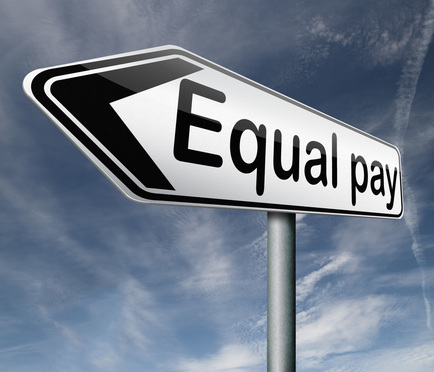A thorough pay equity audit will inevitably reveal wage gaps among certain groups of comparable employees. These pay gaps may be attributable to permissible, nongender-based factors such that no further action is necessary. However, in instances where the audit has revealed gaps that are not explainable by other factors, and irrespective of whether the gaps are wholly unintentional, the audit itself is meaningless absent remediation efforts designed to resolve the issue.
An increase in the compensation of underpaid female employees is often the most appropriate remedy. Depending on the result of the audit, the increase may be necessary to base salary, bonus or some other aspect of compensation so that it more closely aligns with an appropriate male comparator in both total compensation and its constituent components. The increase will not be dollar for dollar in all instances, as it is unlikely that any two employees, no matter how similar their working conditions, will be identical, such that legitimate nongender-based factors may still play a role in determining the precise increase. Note, however, that a decrease in the salaries of male comparators will almost never be recommended given that the Equal Employment Opportunity Commission has firmly rejected that approach to wage equalization.










